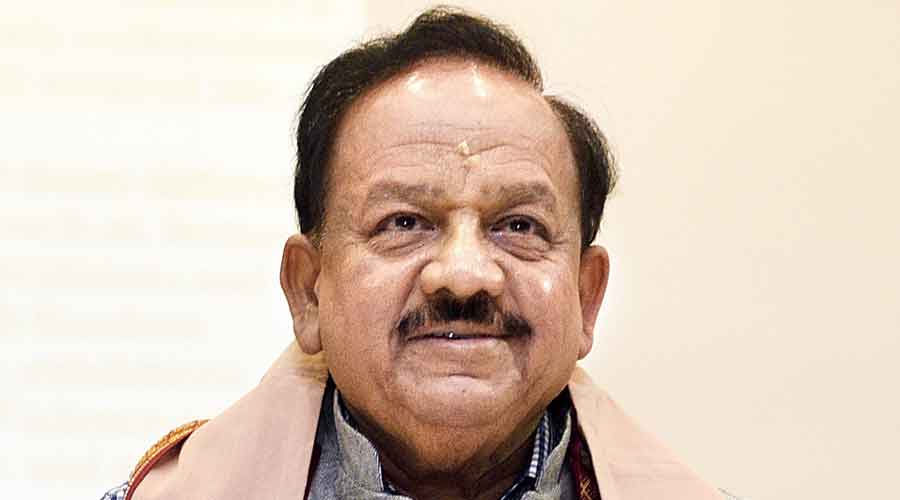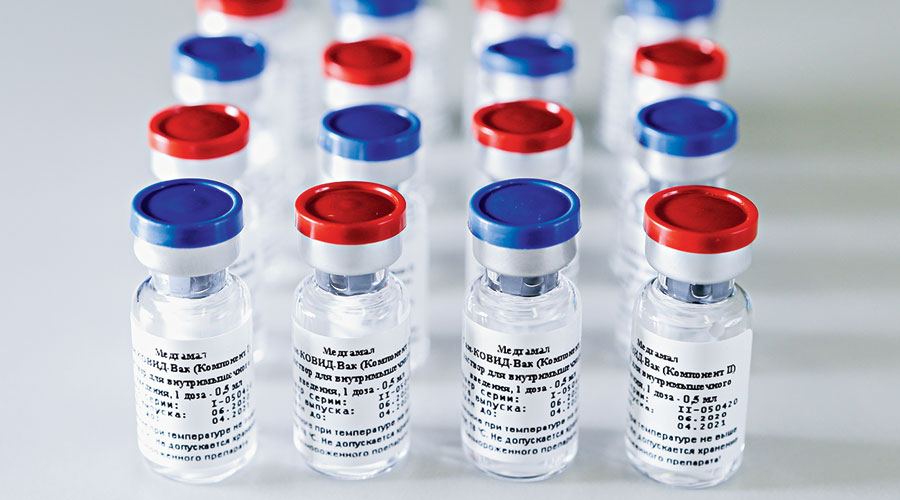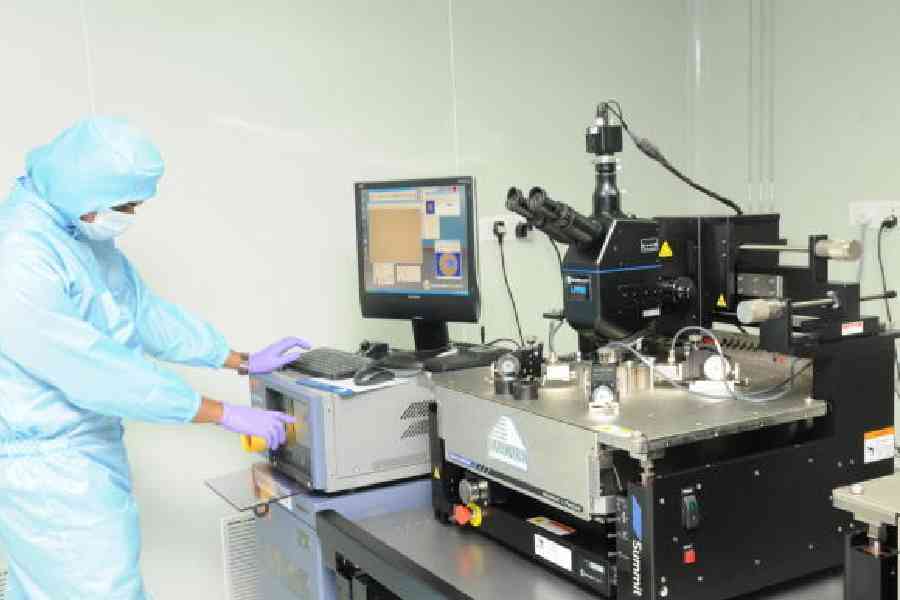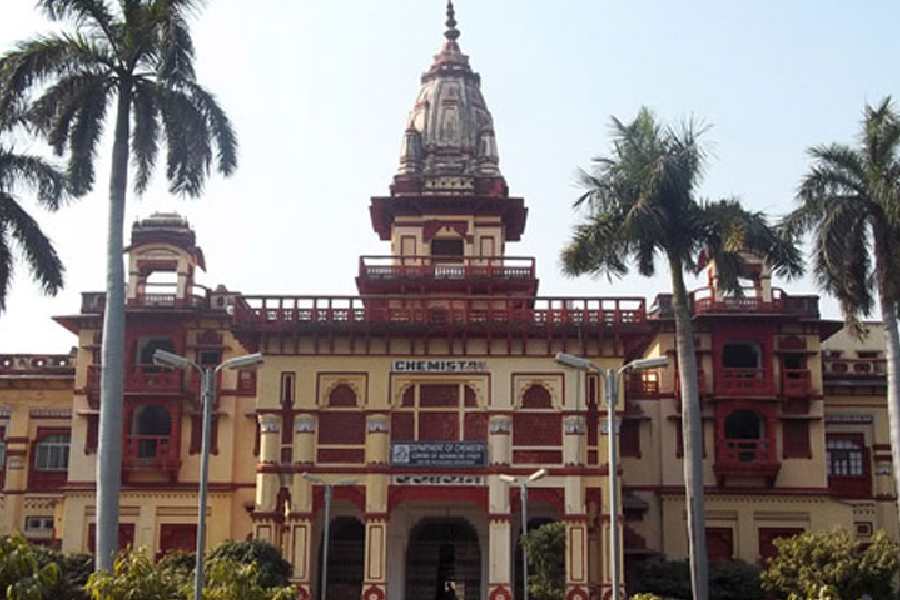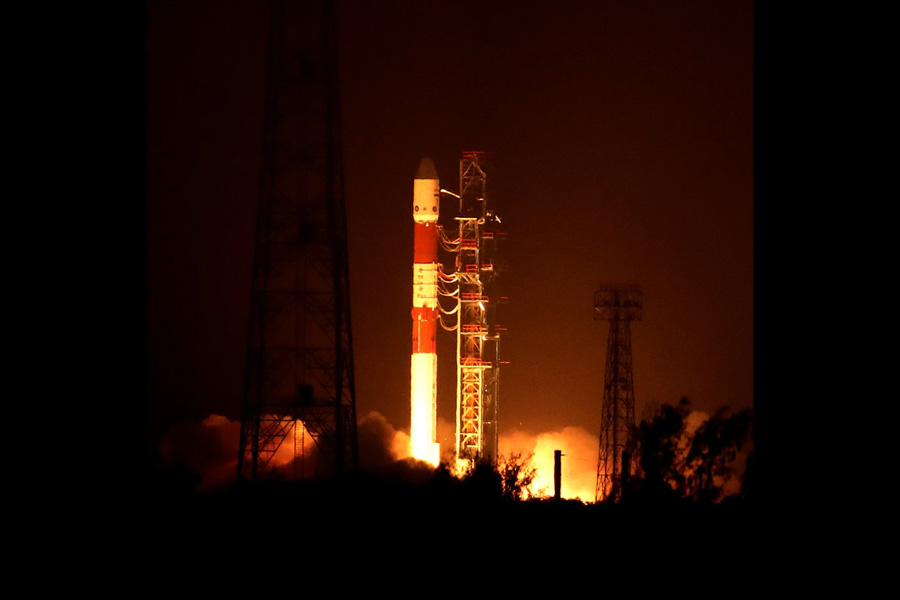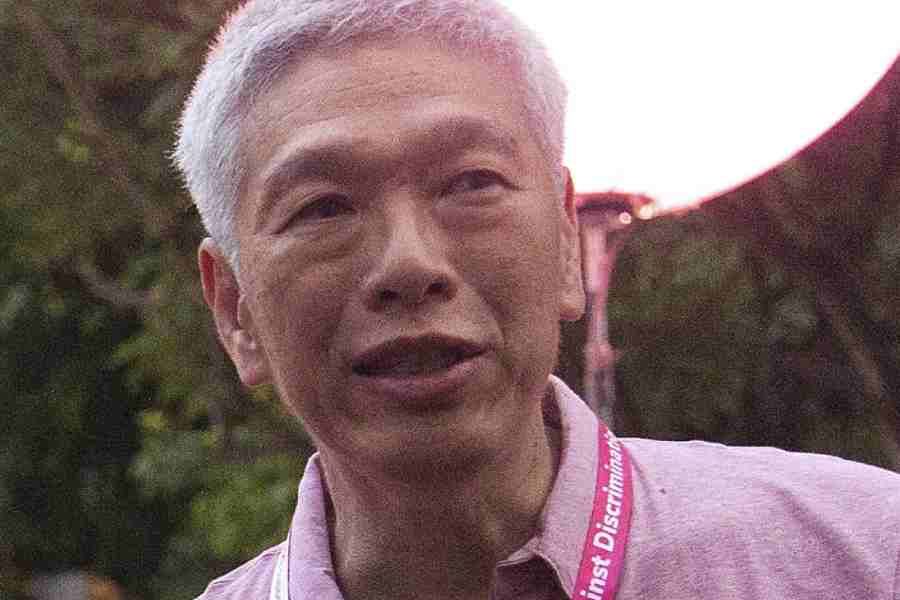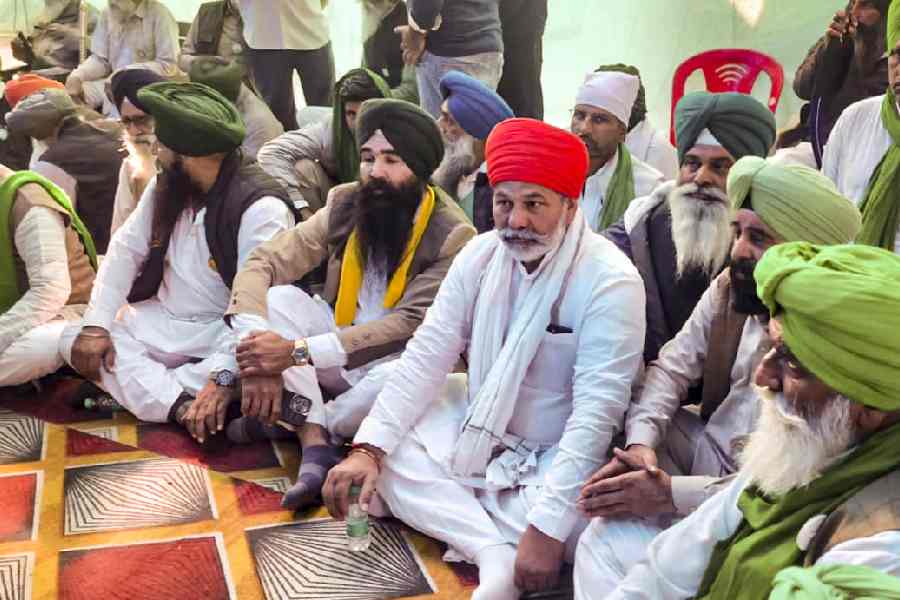The Centre is considering “emergency authorisation” of coronavirus disease vaccination, Union health minister Harsh Vardhan said on Sunday, sparking surprise and speculation whether India is mulling mass inoculation of people without all required scientific assessment.
“He (Vardhan) said that the government is considering emergency authorisation of Covid-19 vaccination, especially in the case of senior citizens and people working in high-risk settings,” the Union health ministry said in a statement released through the Press Information Bureau on Sunday.
“This shall be done after a consensus has been reached,” the release quoted the minister as saying during an interaction with his social media followers.
“To allay fears regarding the safety aspect of the vaccines, he said he will be happy to take the first dosage of vaccine if some people have a trust deficit,” the release added.
The minister also told his social media followers that while no date had been fixed for the vaccine launch, it might be ready by the first quarter of 2021.
At night, in response to a question after several scientists raised their eyebrows, Vardhan told The Telegraph: “I’ve only said that if there is a need, it (emergency authorisation) can be considered — without compromising on safety and efficacy. If phase 3 trials are going on and thousands of people have already received a vaccine and we know it is safe, we can consider emergency authorisation if there is a consensus.”
The minister said he was speaking in general terms and did not point to any specific vaccine.
The initial statement of Vardhan, also an ENT surgeon, while interacting with the social media users caught sections of scientists by surprise. They said emergency authorisation can refer to the process under which the country’s drug regulatory authority can, under exceptional circumstances, approve a drug or a vaccine for public use without the full cycle of clinical trials.
Medical experts also point out that emergency authorisation of a Covid-19 vaccine would be extremely unusual and would contradict assurances by India’s health research agency earlier this year that the country would not bypass any necessary processes.
Virologists and vaccine researchers said one interpretation of Vardhan’s statement could be that India might consider releasing a vaccine for public use, albeit restricted, without the large-scale phase 3 efficacy trials that should ideally follow early-stage safety and efficacy trials.
“This would mean limited use approval in most vulnerable groups such as healthcare workers or security personnel,” said Shahid Jameel, a senior virologist and head of the Wellcome Trust DBT India Alliance, a UK-India research partnership. “China and Russia have already done this.”
Russian regulators had last month approved a Covid-19 vaccine candidate after early-stage, or phase 1 and phase 2, safety and efficacy trials ahead of phase 3 trials on 40,000 people now underway in Russia. In vaccine development, phase 1 trials assess safety while phase 2 trials examine whether the vaccine candidate generates an immune response.
India is currently testing two homegrown vaccine candidates that are both in the early-stage phase 1 and phase 2 studies and the Oxford vaccine candidate that is set to head into phase 3 trials. But the Centre is also examining proposals for clinical trials of the Russian vaccine.
“Large scale phase 3 studies are critical — they are the true test of the protective efficacy of a vaccine,” said Shri Prakash Kalantri, professor of medicine at the Mahatma Gandhi Institute of Medical Sciences, Wardha. “It is only through phase 3 studies that we will actually know whether a vaccine can protect people from the viral infection.”
Vaccine researchers point out that rare adverse effects of a vaccine might be missed during phase 1 or phase 2 trials because of limited number of vaccine recipients. A rare safety event, if any, is more likely to be detected when the vaccine candidate is given to tens of thousands of people.
Sudanshu Vrati, a senior virologist and executive director of the Regional Centre for Biotechnology, Faridabad (Haryana), said emergency authorisation of a vaccine candidate that has already been tested for safety in thousands of people in other countries would be justified in India.
“If there is no safety issue in the US or Europe, it is unlikely there will be one in India,” Vrati said.
However, Kalantri said he would consider emergency authorisation for a vaccine as “extremely unusual” because vaccines are given to healthy persons. “Emergency authorisation for a drug may be justified because it is given to ill persons, but vaccines are given to healthy people — this has to be done only after full assessment of safety and efficacy.”

